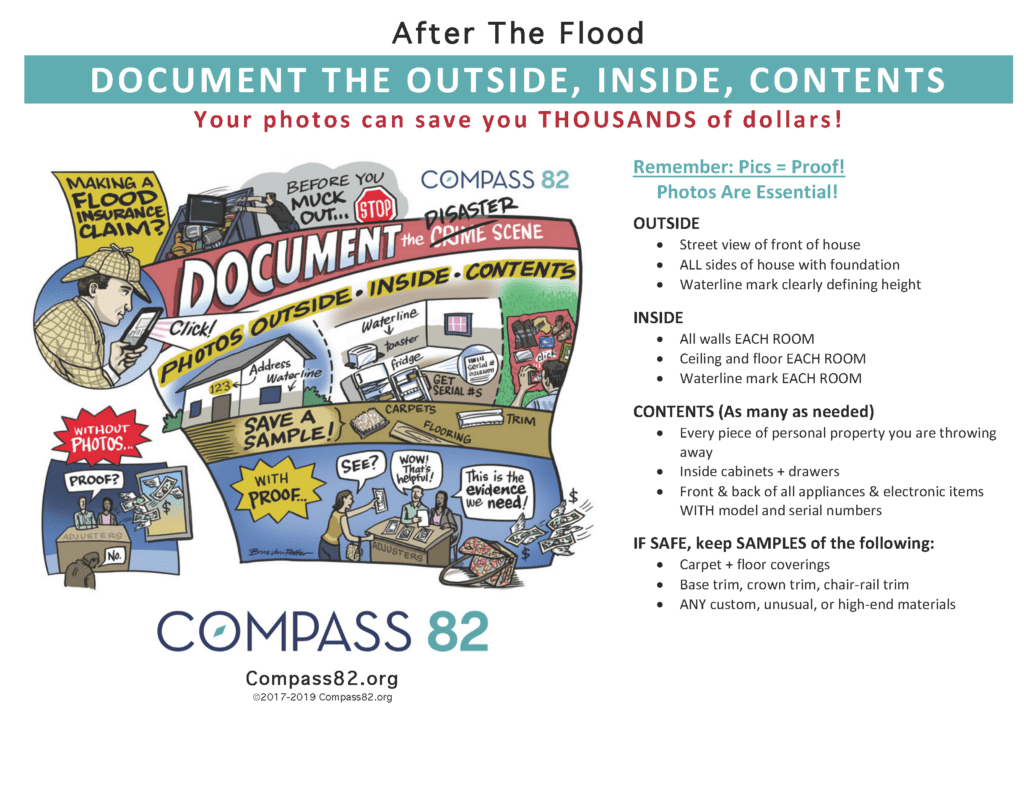The emotional trauma of suffering a loss to your property and your way of life cannot be overstated. The human reaction to loss and financial uncertainty needs to be addressed and openly discussed as part of Hurricane Ian’s recovery. Political leaders and others concerned with their commercial messaging need to ensure that the very real emotional concerns are addressed and met first.
I have pondered what to write today. Most policyholders with significant damage have no power and cannot read this blog. Hurricane Ian has been doing more destructive damage. It will do more damage in the Carolinas if the projections are accurate.
Policyholders and others should not be pushed into signing significant contracts with legal consequences if they are not emotionally and mentally ready to do so. At the same time, if the amount of the loss can be mitigated, steps have to be taken to do so. Mitigation companies that show up pressuring policyholders to sign anything should be avoided. If you are being pressured, just tell that person to leave. Professional and reputable mitigation companies recognize this human issue and will not pressure with threats, horrible scenarios, or too good to be true promises.
I provided an interview to National Public Radio this morning that may be on air later today. I made a number of points, including safety and the need to document the loss. One organization helping policyholders, Compass 82, has the following visualization of valid points about documentation of the loss:
Report the loss as soon as possible. There will not be enough property insurance adjusters for all the Hurricane Ian claims. Early reporting will place a policyholder earlier in line. Most insurers have call-in centers listed on the internet if an agent is closed or is not available to report the claim.
Returning to the emotional aspect of claims help, public adjusters and restoration contractors should read and carefully consider this post: The Emotional and Mental Health Damages from Natural Disasters and Climate Change. There was one graphic story in that post showing how people can react to loss in many very different ways:
Disasters deserve specific attention because they differ from other types of trauma in several important ways. First, they are collective in nature—large numbers of individuals are simultaneously affected. In some ways, this is an asset. Individuals affected by disaster sometimes receive worldwide attention. Depending on the size and scope of the event, support and resources often are mobilized that would not be available following an individual trauma. The collective nature also can be a problem, however, as social comparison can occur in cases in which the individual needs of one affected individual are not seen as significant as the needs of another. Another problem could be that the resources that initially are available are insufficient for the presenting problems or these resources do not remain in place long enough.
A second difference between disasters and other traumas is that they affect infrastructure as well as mental health. After major events, communication, housing, and transportation needs may interfere with the ability to get assistance. Even after the immediate search and rescue operations are over and community infrastructure is back in place, individuals may be left homeless or jobless and may be more focused on immediate needs, such as on rebuilding their home or community, than on their own mental health.
…
Brian told me the story of his Bahamian cousin who survived Category 5 Hurricane Floyd. His cousin obviously was suffering from post-traumatic stress syndrome and was convinced that large rats were going to eat everybody. He thought that the plague was going to come up from the ground and kill them all. This irrational belief is not laughable because each person is uniquely impacted and carry the disaster with them….
Be gentle with people suffering total devastation. Help them obtain relief from Hurricane Ian and not further harm.
Thought For The Day
For what shall it profit a man, if he gain the whole world, and suffer the loss of his soul?
—Jesus Christ




